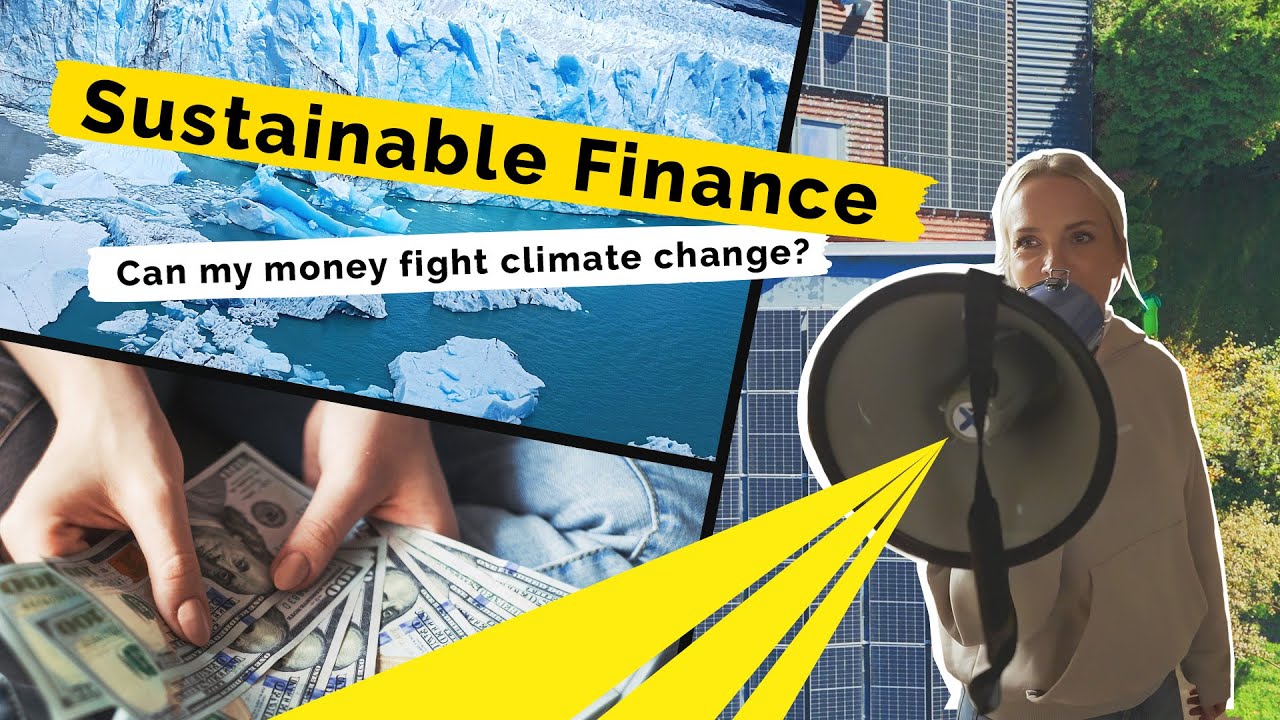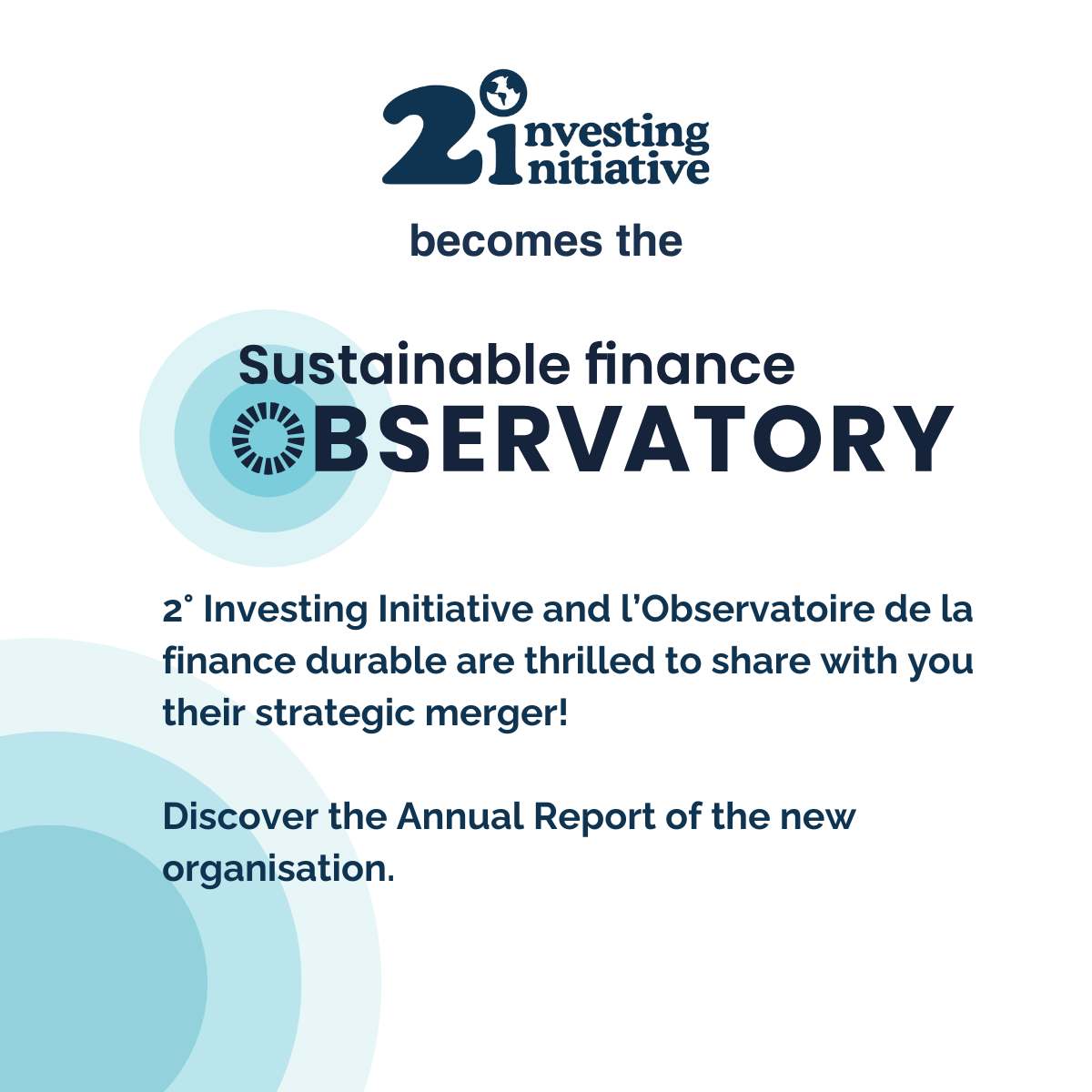And human activities continue to harm (directly or indirectly) biodiversity. Canada has hit a sad record in 2023: by Septembre 5th only, 16,5 million hectares of land had gone up in smoke in more than 6,132 fires during the year.[2] These are only some of the latest catastrophic news illustrating the urgent need for action to stop and reverse biodiversity loss. After the UN Biodiversity Conference (COP15), the upcoming UN Climate Change Conference (COP28) must represent a new opportunity to make further advancements and call for action in reversing biodiversity loss.
In the meantime, all actors should act worldwide. At Sustainable Finance Observatory (formerly 2DII), we are launching research projects to mobilise the financial sector and find solutions to mainstream financing of activities and projects aiming at protecting and restoring biodiversity. We are defining several priorities, among which transforming the most harmful sectors and activities. Considering its negative impacts on biodiversity and climate change, financing the transition of the agricultural sector should be a priority (see article “The urgency to transform the agricultural sector worldwide” and our focus on the European Union “Greening the European agricultural sector in the EU”). Further initiatives and financing must also focus on preventing deforestation to protect biodiversity and mitigate climate change by preserving natural carbon sinks. In relation to tackling deforestation, a new agenda has been set by the Amazon Cooperation Treaty Organization (ACTO) to protect the Amazon rainforest (see article “Key findings of the Amazonia Summit”).
Our articles about the agriculture sector and the Amazon rainforest illustrate the interlinkages between climate change and biodiversity loss. Investors have the opportunity to optimise their impact by leveraging the synergies between climate and biodiversity, notably by financing nature-based solutions (NBS) (see article “Climate and biodiversity, how can investors free two birds with one key?”)
However, mainstreaming investments in NBS is just one piece of the solution. The protection and restoration of biodiversity requires far more actions and funding. As a reminder, one of the Global Biodiversity Framework’s targets, is to mobilise at least $200 billion per year by 2030, notably by increasing investment from private sources.[3] The question is how can it be done? The European strategy for financing the transition to a sustainable economy relies on the EU Taxonomy Regulation to define and steer financing towards activities substantially contributing to biodiversity. However, there are several open questions on the capacity of the current EU regulatory framework to help fill the financing gap (see article “We finally have the Taxonomy delegated act for biodiversity… now what?”
Sustainable Finance Observatory (formerly 2DII) is looking for partners and contributors on the topic of finance for biodiversity. Please don’t hesitate to contact samia@2degrees-investing.org.
In addition, put a pin in your agenda for our event on the 17th of October at the Académie du Climat in Paris: Mainstreaming Finance for Biodiversity.
[1] More losers than winners: investigating Anthropocene defaunation through the diversity of population trends, Biological Reviews, Catherine Finn, Florencia Grattarola, Daniel Pincheira-Donoso, 15 May 2023
[2] Canada’s record-breaking wildfires in 2023: A fiery wake-up call
[3] Kunming-Montreal Global Biodiversity Framework dated 19 December 2022, Target 19




